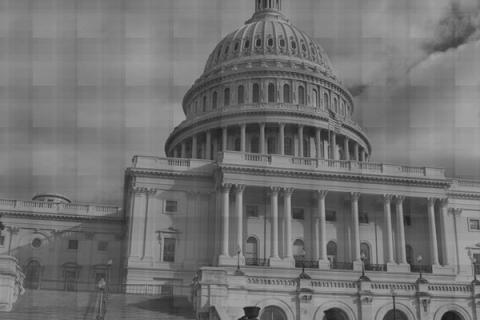When we think about groups that are known for giving large amounts of cash to the Obama campaign we usually point to Hollywood or Wall Street as the big donors. This year a new group in the political sphere took the top spot: Silicon Valley. The counties of San Francisco, Santa Clara, San Mateo, and Alameda narrowly passed New York City in amount donated to the Obama campaign by just under $200,000.
What could the innovation capital of America want from Washington? Vivek Wadhwa, a tech entrepreneur, academic, and columnist for the Washinton Post circulated an e-mail chain among some of the top tech moguls and academics in Silicon Valley to find out their wish list.
The responses included the following:
- Immigration reform that brings global top talent to their firms
- More innovation in higher education
- Freedom of information and competition amongst ISPs
- Making small investments in many alternative energy companies
- Discontinue software patents
- Strengthen academic research and strengthen its commercialization
- Reward long-term investments with capital gains tax breaks
Many of these items highlight the difficulties that investors, and the organizations they are affiliated with, encounter. Innovation firms want the best talent that exists regardless their origin. Currently, H-1B visas offer these companies the opportunity to employ foreign workers in specialty occupations. The worker is allowed to stay for three years under the terms of their initial visa, and can extend to six years. However, there are not enough visas to keep up with demand. Currently, the H-1B visa is capped at 65,000 per year.
Firms want the government to invest in higher education so that universities can innovate, not only what they are teaching, but how their lessons are taught. Silicon Valley receives a return on this educational investment by being able to recruit the best and brightest from universities that have been most innovative in educating their students.
For technology companies to continue to provide better products they rely on faster broadband speeds and cheaper access for consumers. Currently, the telecom companies do not have the incentive to compete or offer a better product. At the same time, the entertainment empire is pushing for legislation that combats online piracy by restricting Internet freedom, to both consumer and producer detriment. Silicon Valley wants the Internet realm to be self governing, which would ensure competition and freedom of information.
The Obama backers in Silicon Valley recognize the foolishness of the Solyndra investment, but they still believe in alternative energy. Instead of taking a $500 million risk on one company, the government could further fuel growth by making multiple small investments and doubling down when they are successful. Managing risk is a large part of wise investment strategy, taking many small risks and accelerating growth after viability is evident is a better way forward.
A patent race has started in software and design. Whether this applies to an operating system or rounded corners, patents restrict innovation. Large software companies are racing to grab as many patents as possible while tech startups cannot compete. The race is draining billions from research, development, innovation, and sales into high-profile legal battles that do not serve the company or the consumer.
All technology companies will benefit from systems that streamline the gap between research and the market. Academic research creates many of the great innovations in the world, including the Internet. Taking their findings and making them marketable serves everyone in the tech industry.
Our tax structure is not designed to incentivize long-term investments that could develop exceptional breakthroughs. In many technology-related industries, like biotech, it takes years to develop a product that is marketable. Investors are discouraged from funding these operations because the return can be as risky as a startup, with a long delay in return. Creating a tax structure for capital gains where the rate decreased over time may give venture investors enough of an incentive to fund these projects.
The list is clearly quite long and calls for a series of sweeping overhauls, including education reform and rebuilding portions of the tax code. Many of the tech moguls contributing to the list have an exceptional reputation for making wise investments, we will all see if their investment in Obama is as equally sound.
